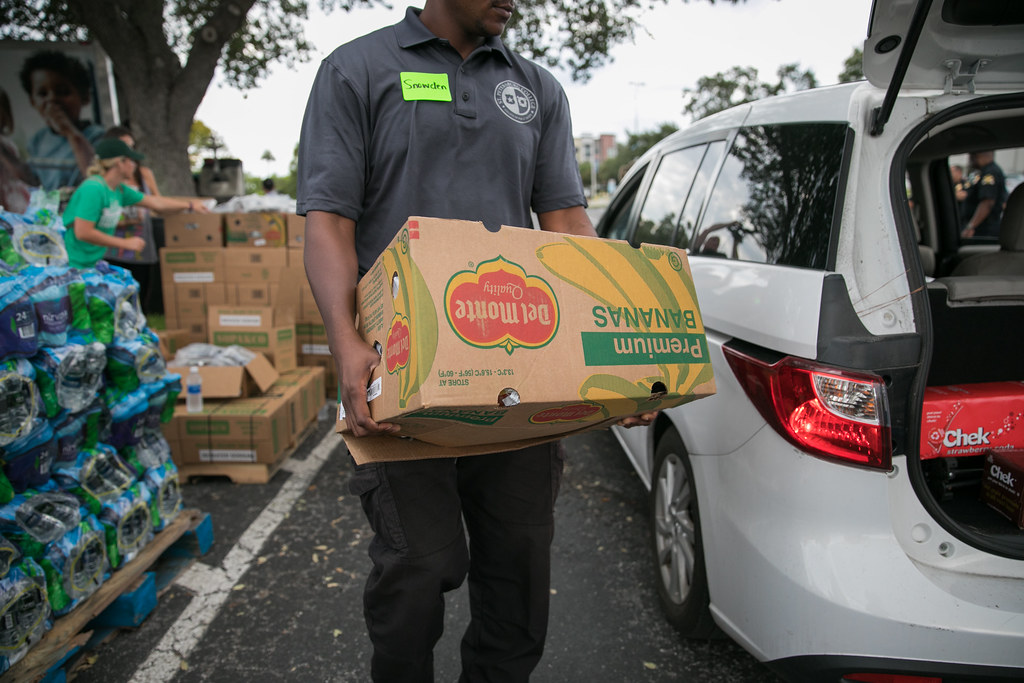The Food Recovery Network is a non-profit organization based in the United States that aims to reduce food waste and food insecurity on college and university campuses. The organization is primarily student-led and works with campus dining services to recover surplus food that would otherwise go to waste, and donates it to local hunger-fighting organizations. The Food Recovery Network also provides education and resources to help students and communities reduce food waste and promote sustainability. To remain transparent and inclusive, FRN hosts public learning sessions twice per year, Roundtable Talks as they call them, where they invite the entire network to advise on annual goals and share the data on progress toward those goals.
The project covers 190 campuses in 46 states and the District of Columbia. Recovered 12.1 million pounds, which translates into 10.1 million donated meals. More than 5353 Metric Tonnes of CO2 emissions have been prevented through the implementation of the project to date.
The Food Recovery Network (FRN) has collaborated with The Farmlink Project (FLP) since 2020 to reduce food waste on US farms. Together, they have recovered and donated 3.1 million pounds of surplus food to feed communities facing food insecurity and hunger.
This year, the Food Recovery Network (FRN) is conducting research Power Hours, which are one-hour zoom calls aimed at assisting The Farmlink Project (FLP) in connecting with farms located in regions where surplus food is prevalent and food insecurity rates are highest.
FRN actively celebrates Earth Day and Stop Food Waste Day by encouraging other people to do the same.



